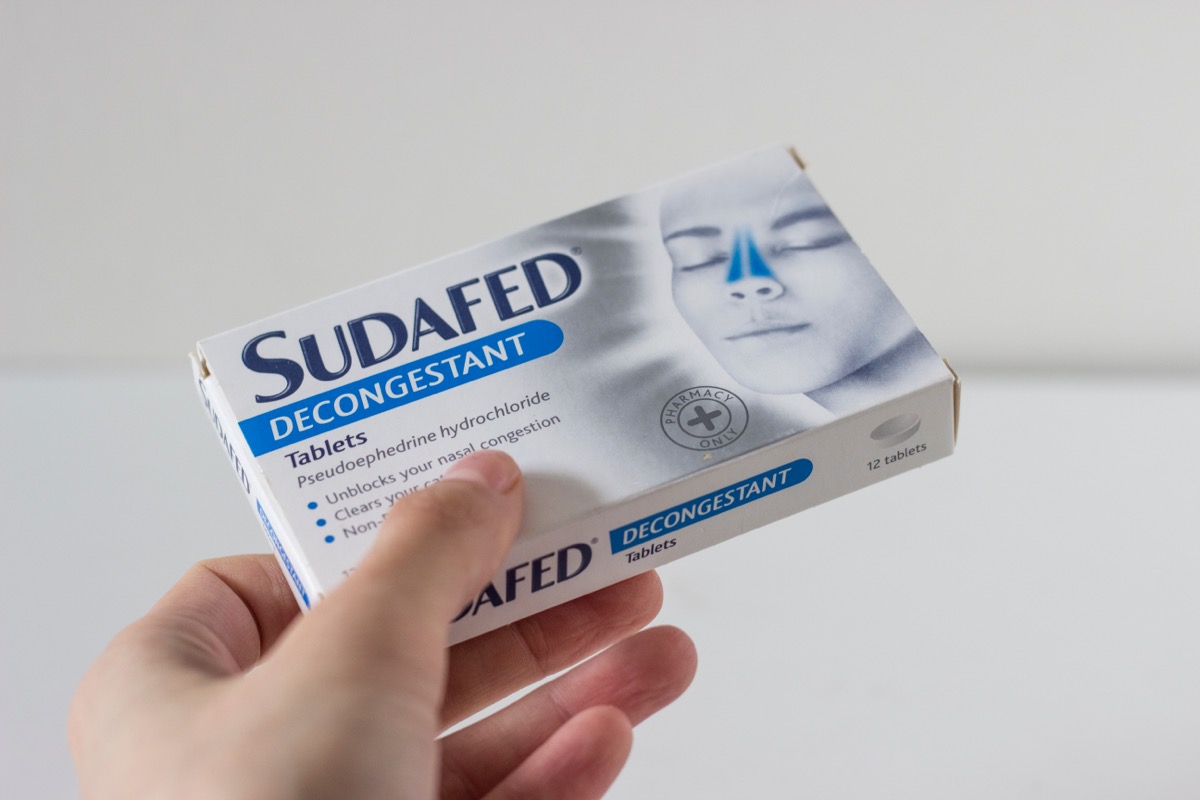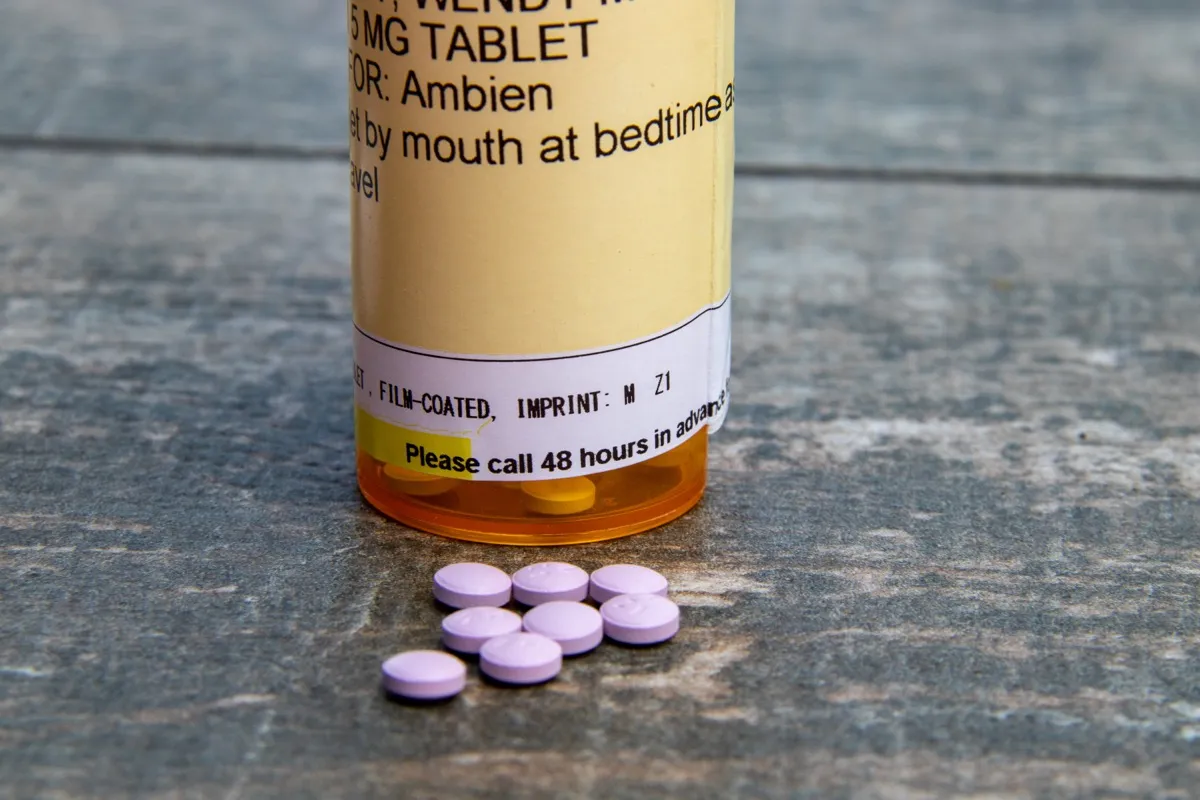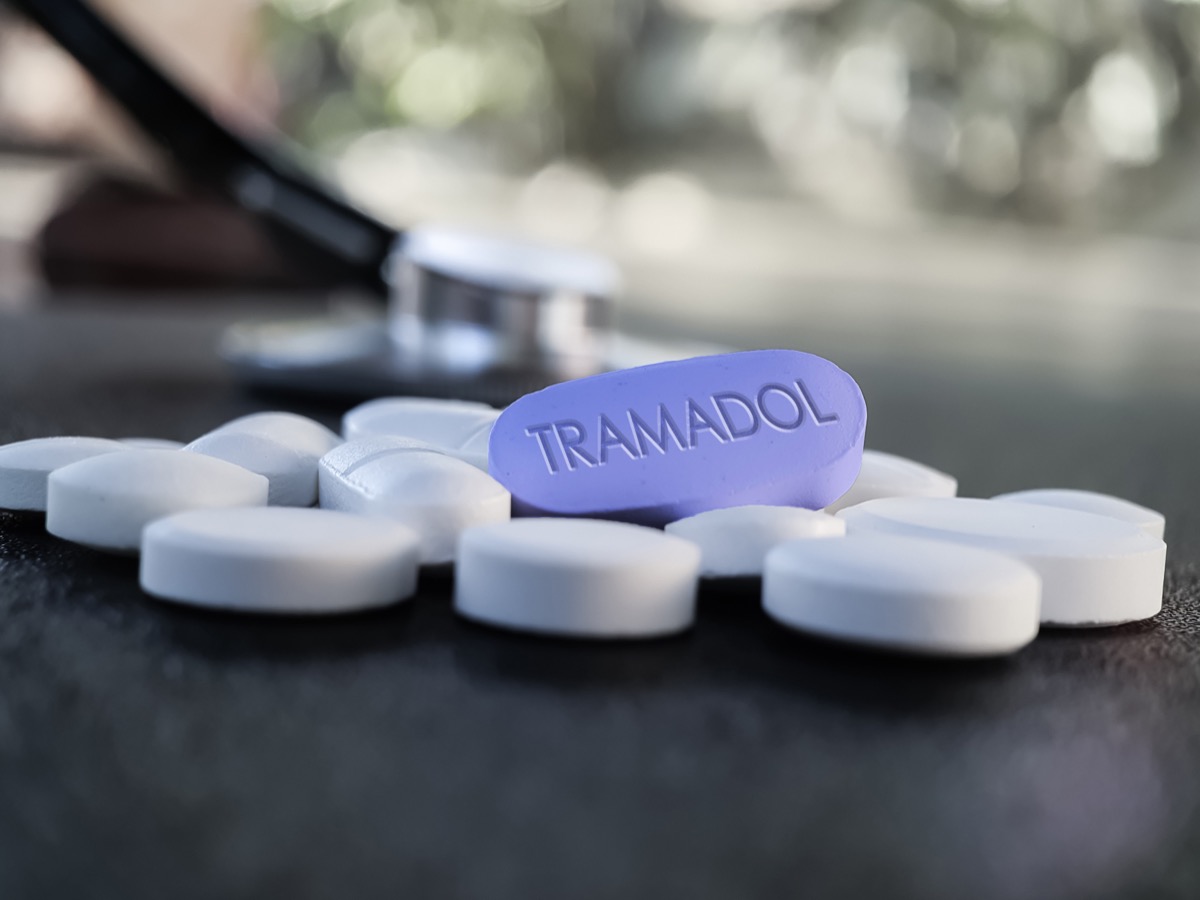4 Popular Medications That Are Banned in Other Countries

Travel offers a unique opportunity to explore other cultures and customs. But given some of those differences, experts say there’s one important thing that should be on your to-do list before heading to the airport: checking your suitcase for medications that are banned at your final destination.
Believe it or not, everyday products from birth control to protein powder are illegal in some nations across the globe, warn experts from Harvard University’s Global Support Services. “Depending on your destination, you could be subject to increased scrutiny from customs officials (not a big deal, you think) or confiscation and imprisonment (that escalated quickly). In Turkey, Egypt, and Malaysia, for example, a drug offense conviction can result in the death penalty,” write Harvard experts.
So what should you do before hitting the road, to avoid such a catastrophe? Experts advise that you always check the rules of the country you’re traveling to before packing or shipping any form of medication, and that you become familiar with common medications that have caused problems for travelers in the past. Read on to learn four popular medications that are banned in other countries—because ignorance isn’t an excuse, as some governments will readily tell you.
READ THIS NEXT: If You Use This Common Medication, the FDA Has a Major New Warning for You.
Sudafed

During cold and allergy season, many people take Sudafed to relieve their congestion and runny nose. However, this popular medication is banned in Japan, along with any other product that contains over 10 percent pseudoephedrine. Other popular brands that include this ingredient in select products include Vicks, Zyrtec, Advil, Tylenol, and more.
Following the Combat Methamphetamine Epidemic Act of 2005, Sudafed sales have been restricted and tracked in the U.S., since its ingredients can be used to produce illegal methamphetamine. Some states have decreed that Sudafed (and other products containing pseudoephedrine, ephedrine, and phenylpropanolamine) can be sold by prescription only, to limit instances of abuse.
READ THIS NEXT: This Popular Med Is “The Most Dangerous OTC Drug,” According to Doctors.
Adderall

Adderall and other amphetamines and methamphetamines are also illegal in Japan, the Wall Street Journal writes. In 2015, an Oregon woman teaching English abroad was detained for 18 days in a Japanese prison for shipping the medication to her new address during her move.
Meanwhile, Adderall prescription rates are on the rise among adults in the U.S., despite its widespread abuse being widely documented. “There are multiple potential health risks or consequences associated with prescription stimulant misuse… including cardiovascular dysfunction, psychosis and other mental disorders, and overdose,” says a 2020 study in the journal Drug and Alcohol Dependence.
Ambien

Ambien is a popular prescription sleep aid with a rocky safety record. In fact, according to a 2020 study published in the journal Pharmacoepidemiol Drug Safety, there was an annual average of 5,281 emergency room visits for adverse drug reactions to Ambien between 2010 and 2017. Hospitalization was required in 25 percent of those visits.
While the drug was still prescribed in the U.S. over 31 million times in 2017, some countries have much stricter laws when it comes to Ambien. This medication is reportedly banned in Saudi Arabia and Nigeria, according to Reader’s Digest.
For more health news sent directly to your inbox, sign up for our daily newsletter.
Tramadol

Tramadol is a prescription drug used to treat moderate to severe pain in the U.S., and was classified as a controlled substance in all 50 states in 2014. However, this substance is reportedly banned in Egypt, due to its widespread use as a heroin substitute. According to the BBC, a British citizen was jailed in 2017 for bringing 290 Tramadol tablets to the country while on vacation. Though she was initially handed a three-year prison sentence for her mistake, the decision was appealed and she was released.
Of course, these four medications are just some examples of medications that have gotten travelers into hot water in the past. Call the embassy of your travel destination to find out whether it’s safe to travel with any medications you are currently taking.